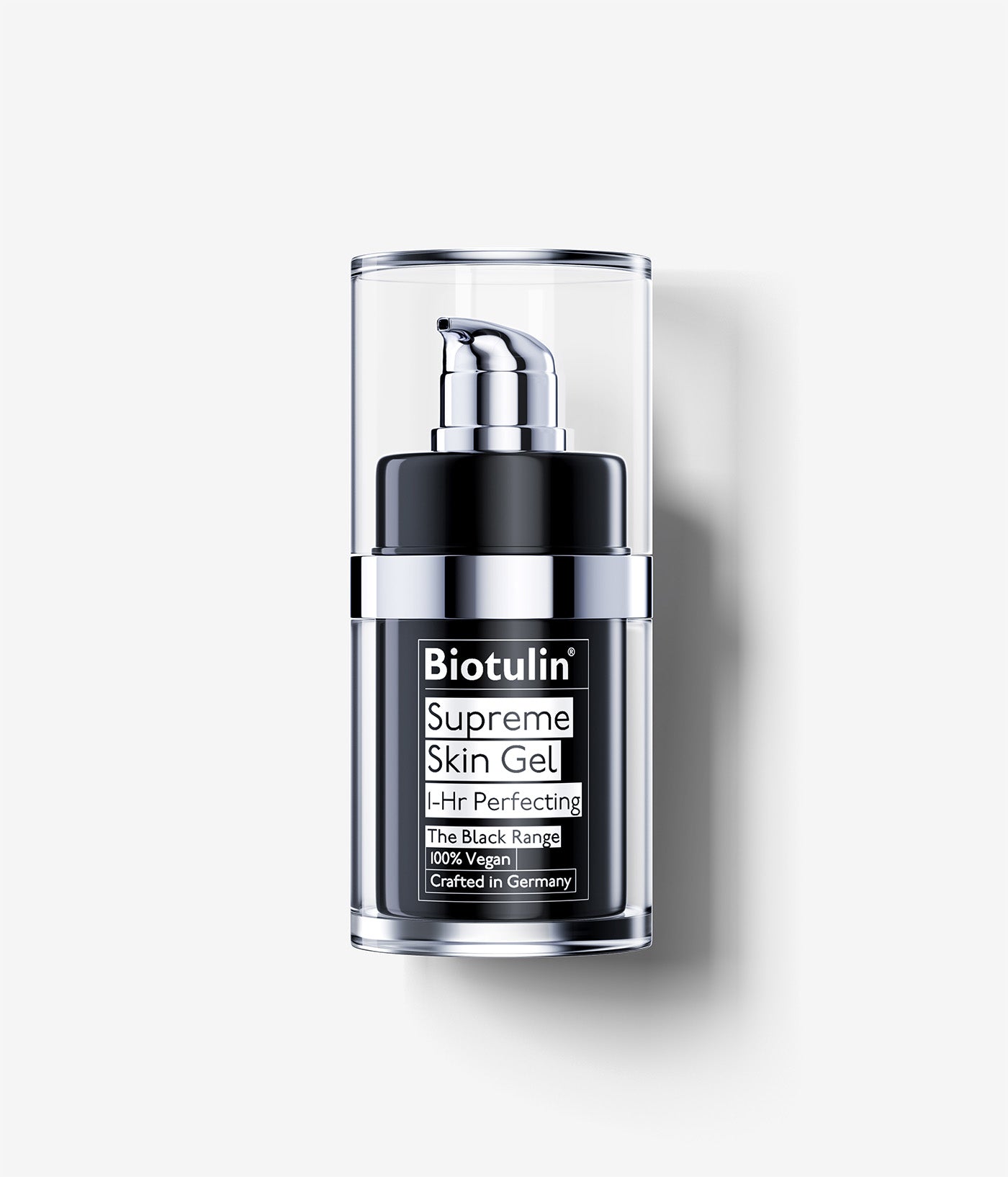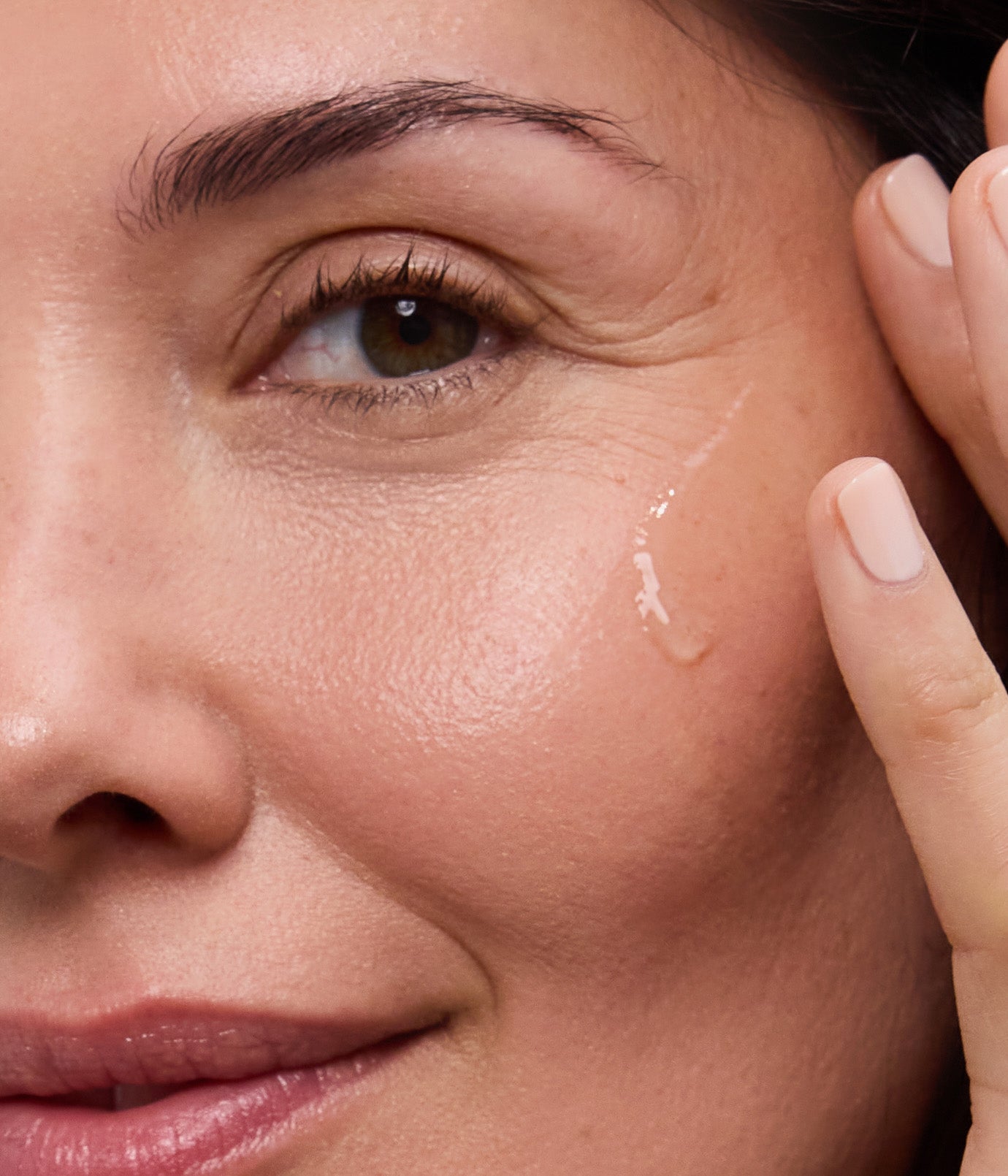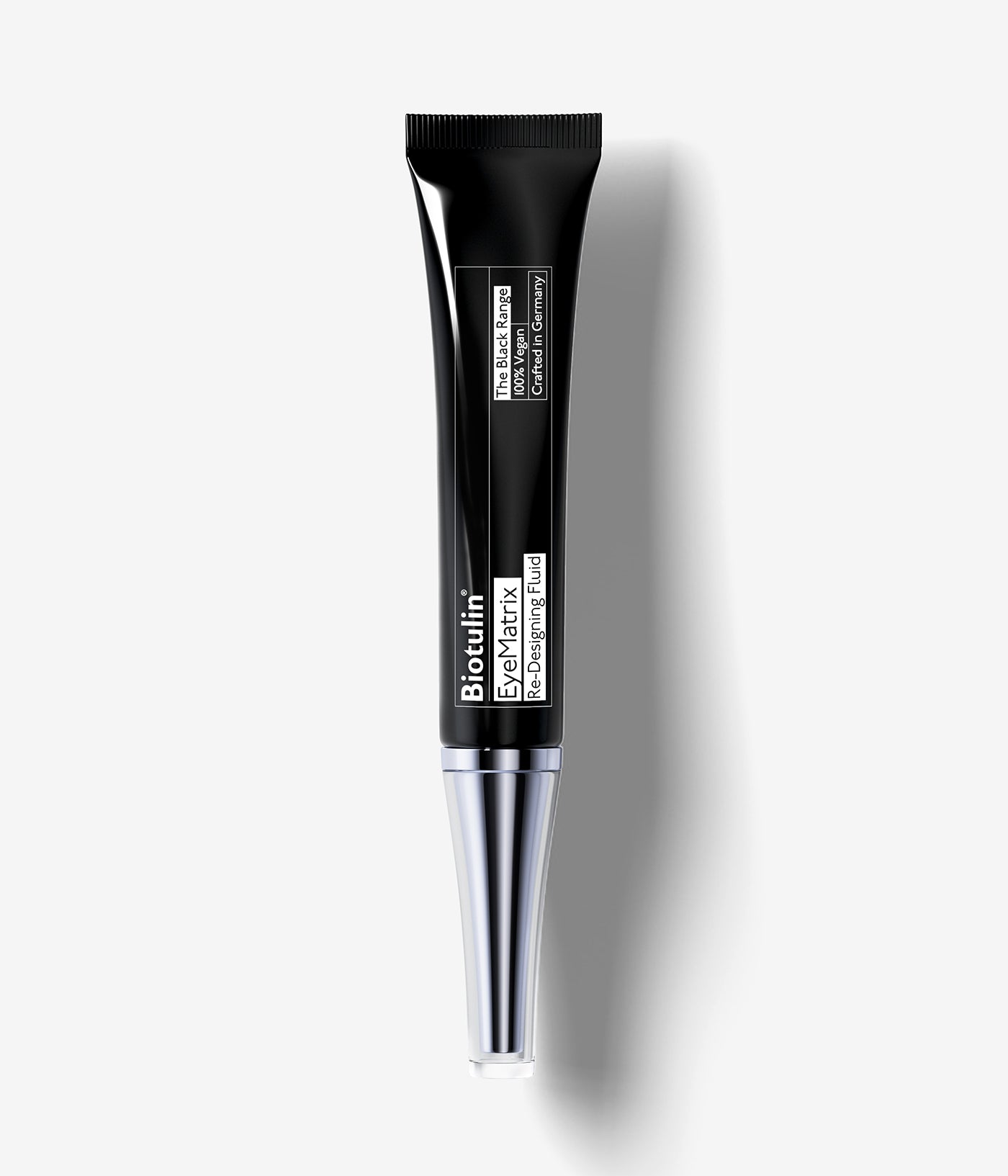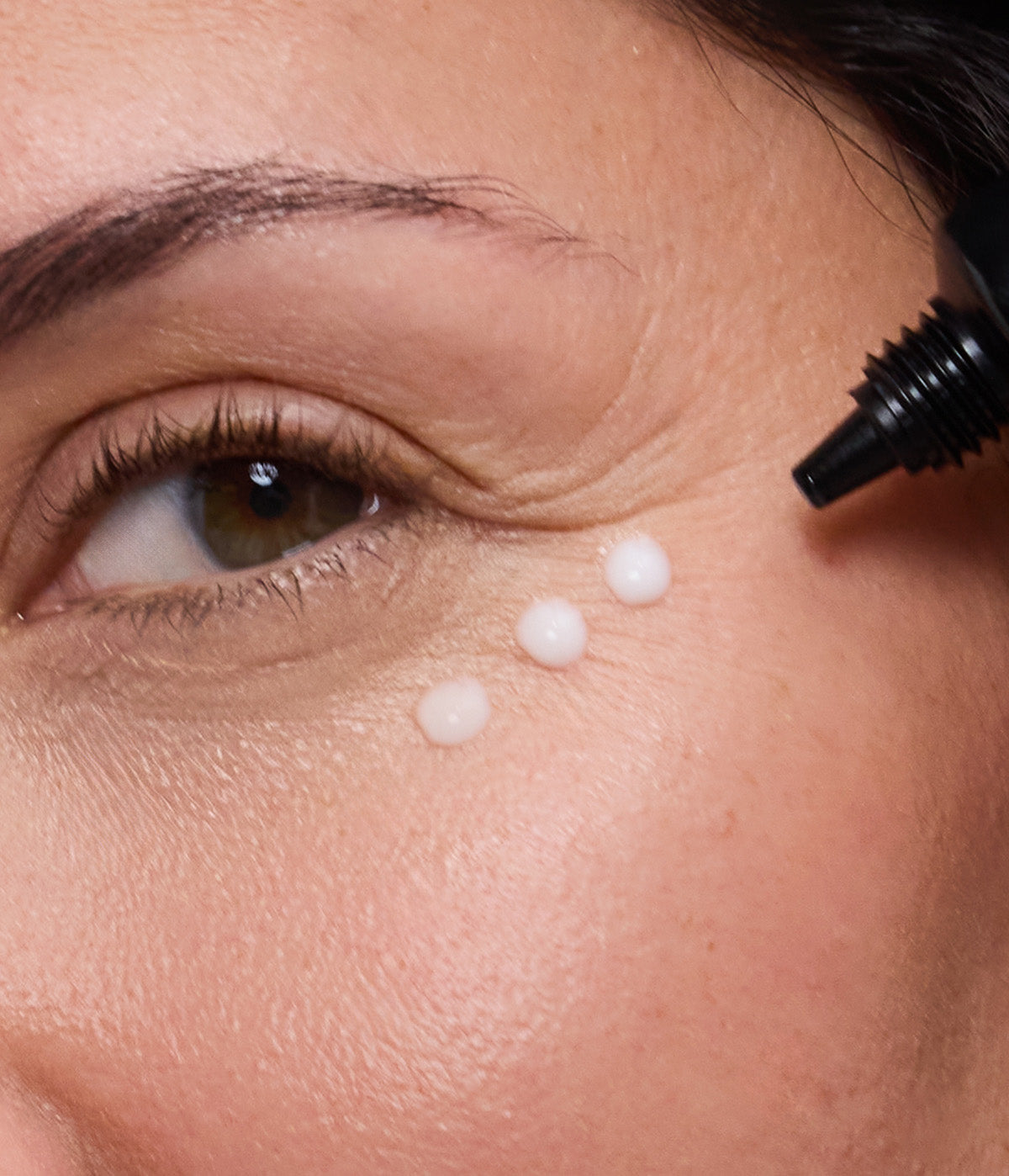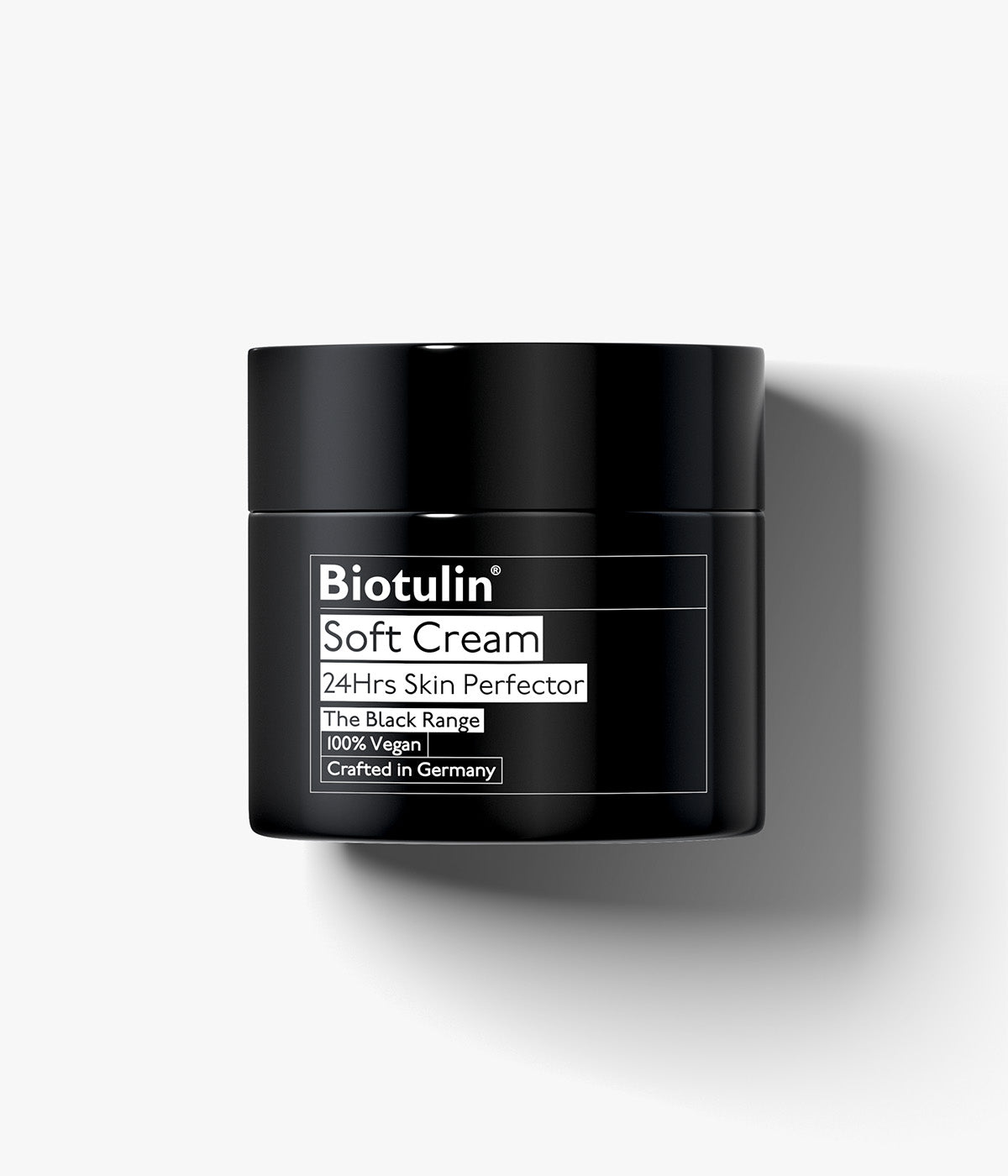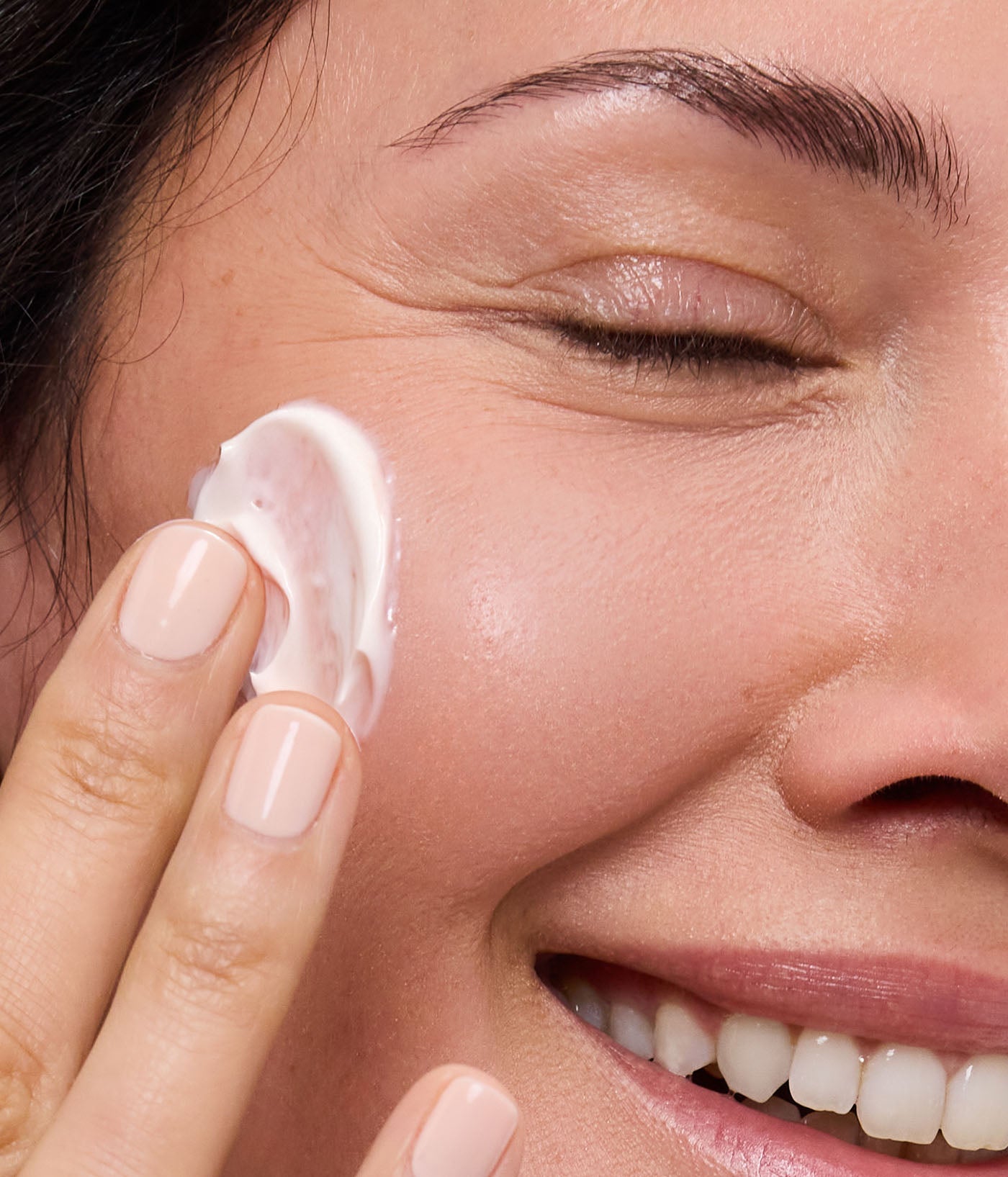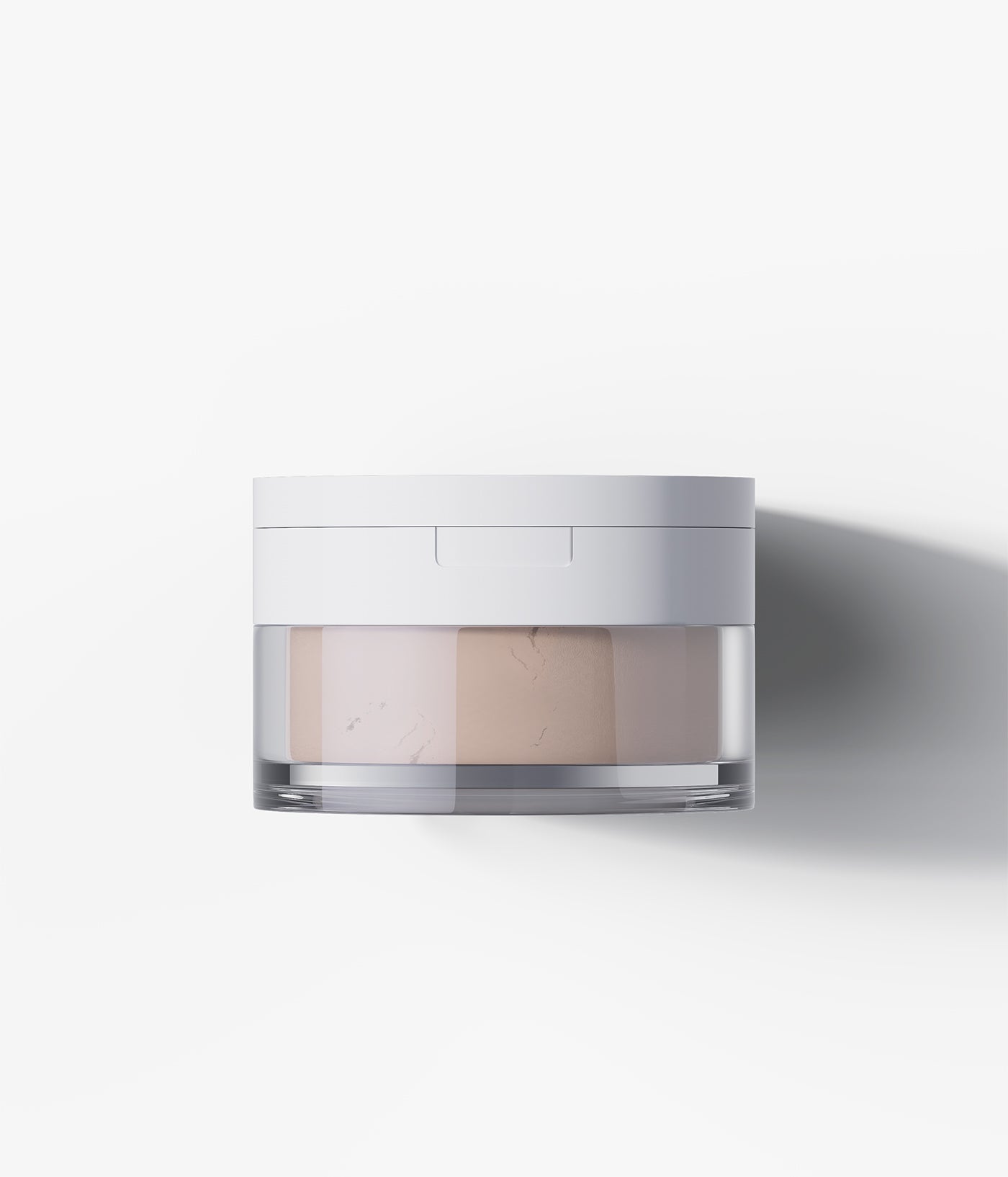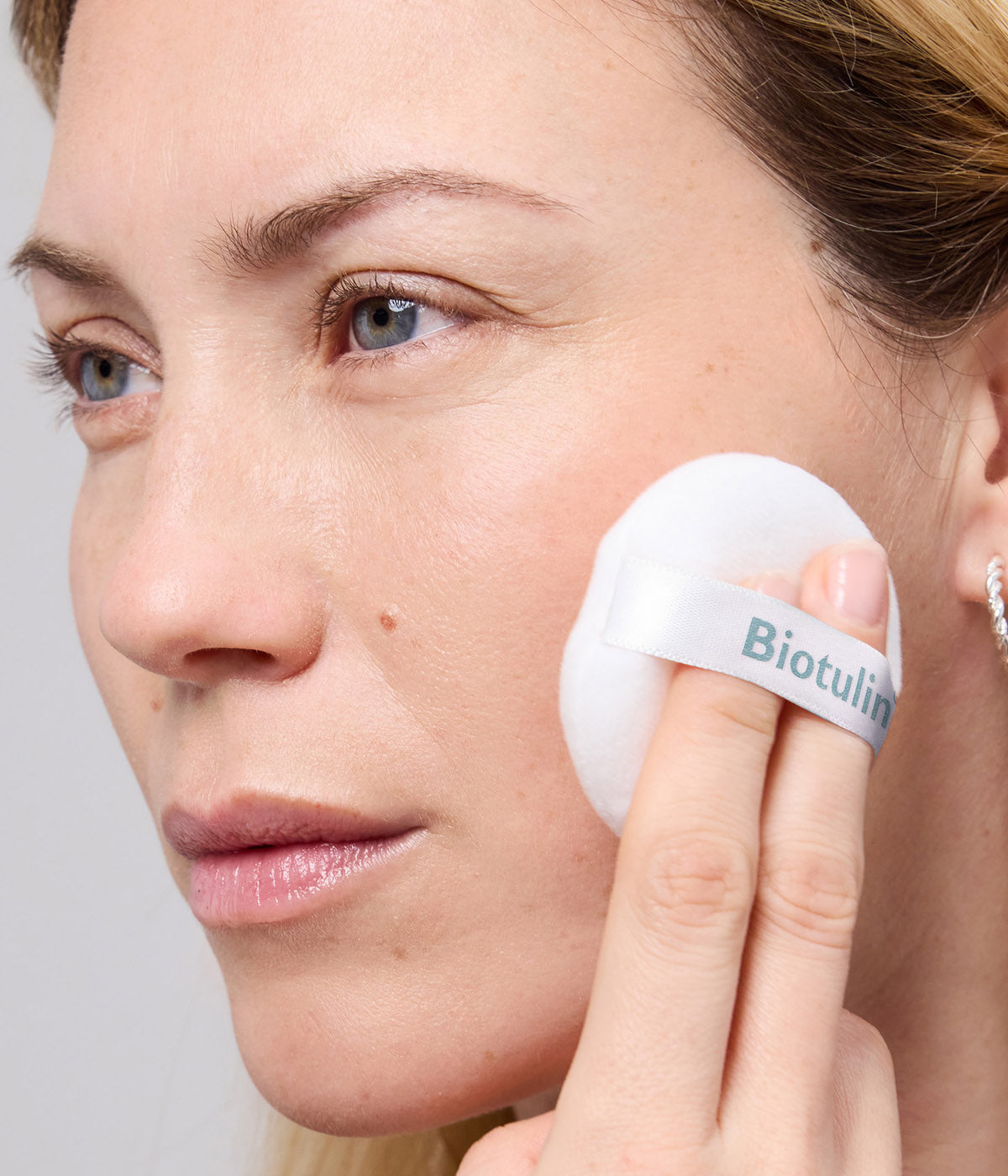Skin: So far we have always done this wrong when applying body lotion!
Everybody has his own ritual for daily skin and body care. Some like to shower in the morning, others in the evening. Some remove their make-up with a washing lotion, others only use soap and water. And still others apply cream to their body several times a day, others hardly ever.
It's good that everyone follows their own beauty preferences, but we should make sure that the care routine matches their own skin type. Especially when applying the body cream, mistakes often happen.
These skin care mistakes often happen when applying body lotion
First skin care mistake: constantly change the body lotion
Although the skin is our largest organ, it is no less sensitive. On the contrary: on some days the skin can be dry, for example due to heating air, on others it can be oily. If you then immediately take a new care product, it can quickly irritate the skin and throw it off balance.
But once you have found a body lotion that you can tolerate well, it's better to stick with it for now and just spontaneously adapt your usual skin care routine to the needs of your skin. In concrete terms, this means that if the skin is drier than usual, it probably just requires a dollop more cream.
Second skin care mistakes: choose a body lotion that has bad ingredients
Some body lotions contain substances that can irritate our skin and can therefore be responsible for allergic reactions. It is therefore best to use a cream that does not contain paraffin, fragrances, emulsifiers and parabens. Although these ingredients ensure a long shelf life and the typical consistency, they can also trigger contact allergies.
Third skin care mistakes: Assume that natural cosmetics are automatically better
There are also good and less good body lotions for natural cosmetics. After all, natural plant substances and oils can trigger allergies just like synthetic substances. Arnica or marigold in particular can be responsible for causing cross-allergies, e.g. to celery or mango.
The Federal Institute for Risk Assessment also warns against tea tree oil with a concentration of over one percent. Otherwise, contact eczema can occur in the case of an overdose. Skin care products containing almond oil, shea butter or birch bark are well tolerated.
Fourth skin care mistakes: not knowing your skin type
No matter how good the ingredients are, the body lotion can still have a lot to offer: If it doesn't suit your skin type, you can stop applying it. To make the right choice, it is important to take a close look at the skin. Are there any dry spots to be seen? Are there any redness? Is any area particularly itchy? Do you perhaps have scars or pigmentation problems that need special care?
Also important: Are there already known allergies or skin diseases such as acne? Then you should better ask your dermatologist about the ideal skin care product for you. Furthermore, the age of the skin also plays a role for the ideal body lotion, because skin with 20 or 30 has different needs than skin with 50 or 60.
Fifth skin care mistakes: wait too long after showering before applying the lotion
After showering with warm water, the pores of the skin are open and ready to absorb important care substances. In addition, the thin film of moisture that remains on the skin after showering ensures that the skin dries out faster when it evaporates. Dermatologists therefore recommend applying cream within three minutes after showering (or bathing).
Should you use body moisturizer on your face?
Beauty experts, Tracy Peart, Derek Selby and Bahar Niramwalla weigh in to answer your beauty questions.
Beautiful skin: For these reasons you should apply cream
The skin needs moisture to stay smooth, elastic and healthy. Many people already have skin with high moisture levels by nature, others need to help with a body lotion. The reason for this is not always clear.
Possible reasons: You don't drink enough. That is why the body already lacks moisture from the inside. Shower gel or hot water can also draw moisture from the skin. Heating air, calciferous water or climatic fluctuations can also irritate and dry out our largest organ.
That is why our skin ages
That the skin ages is genetically programmed. The subcutaneous tissue loses fat, causing the skin to sag. In the middle layer of the skin, the dermis, elastin and collagen are broken down, which makes the skin firm and tight. We cannot prevent this. But what we can influence are the environmental factors that accelerate skin aging: These include, in particular, the sun's harmful UV radiation. A sun protection factor is therefore not only important in sun cream for beach holidays, but also in daily body care, so that you can enjoy smooth, beautiful skin for a long time.




